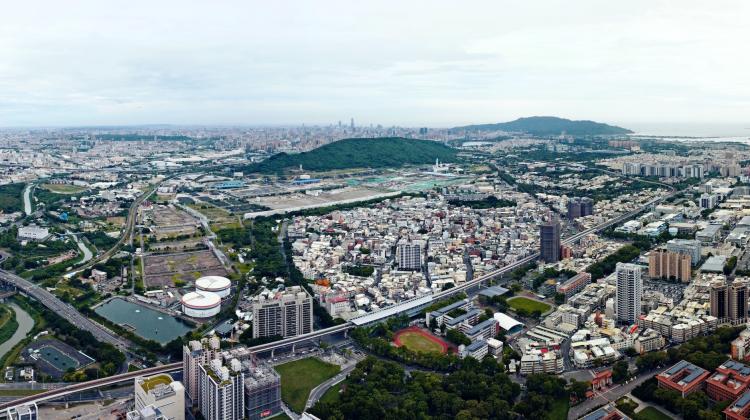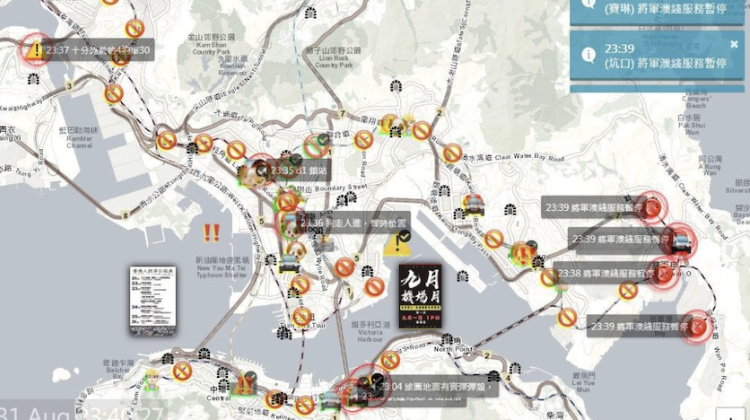Andrew Stokols
Andrew completed his dissertation in political economy of urban development at DUSP in 2024. His current book project based on this, Building Digital Cities and Nations in the Age of Big Data explores how the "smart city" morphed from an idea of Western technology firms in the early 2000s into a project of national development, particularly in Asia. With cases on Singapore, Thailand, and China, the project explores how nations have increasingly turned to urban data and provision of digital infrastructure as part of strategies to compete in emerging sectors like cloud computing, AI. In countries where the state plays a dominant role in the economy, there is even tighter coordination between urban design and infrastructures of data extraction. New cities or urban districts are marketed as sandboxes or platforms for foreign investment, and the daily activities of urban residents, such as consumption habits, generates the data as “raw material” for innovation. Andrew's work aims to understand how strategies for economic and urban development are transforming in different national contexts, shaped by unique institutional legacies, history and cultures, and national political and ideological goals. Andrew's research interests bridge political economy, history, urban design, and science and technology studies.
Andrew is also engaged in research to understand urban development and digital infrastructure in the context of geopolitical tension. A recent article with Justin Kollar in Environment and Planning A explored how countries caught between the U.S. and China pursue their own interests through infrastructure projects and coordination with national conglomerates. He is currently working on a project to assess the energy implications of data center buildout in China's western regions and the U.S.
Andrew is also interested in understanding how individuals can shape the urban environment amidst these seemingly inextricable forces of technology and state power. One way he has explored this is through study of social movements, documenting how protesters use of encrypted messaging platforms to coordinate guerilla protests, often in quotidian spaces such as malls and subways. More generally, his work seeks to engage how citizens can create culture and carve out autonomous spaces amidst this “overprogramming” of the city.
Before beginning the Phd, Andrew worked for Future Cities Lab in Singapore, where he helped connect urban researchers to companies and city governments in Southeast Asia looking to bring new technologies into their spatial planning practices. He has also worked for the World Resources Institute in Washington D.C, a small heritage preservation nonprofit in Beijing, and was a 2012 Fulbright Fellow based at Xi’an University of Architecture and Technology, where he investigated the relocation of millions of rural residents into new housing across China’s countryside.
Andrew received a Masters in Urban Planning from Harvard GSD, where he was awarded the Thesis Prize for best urban planning thesis for “Reform: Towards Human Scale Urbanism in Chinese cities”, which applied urban network analysis to generate design interventions aimed at improving the walkability and accessibility of superblock neighborhoods. At the GSD he was also part of Neil Brenner’s Urban Theory Lab, where he investigated the impact of “China’s One Belt One Road” on “planetary urbanization” in Central Asia. Andrew earned a Bachelors in Urban Studies and History at U.C. Berkeley.





